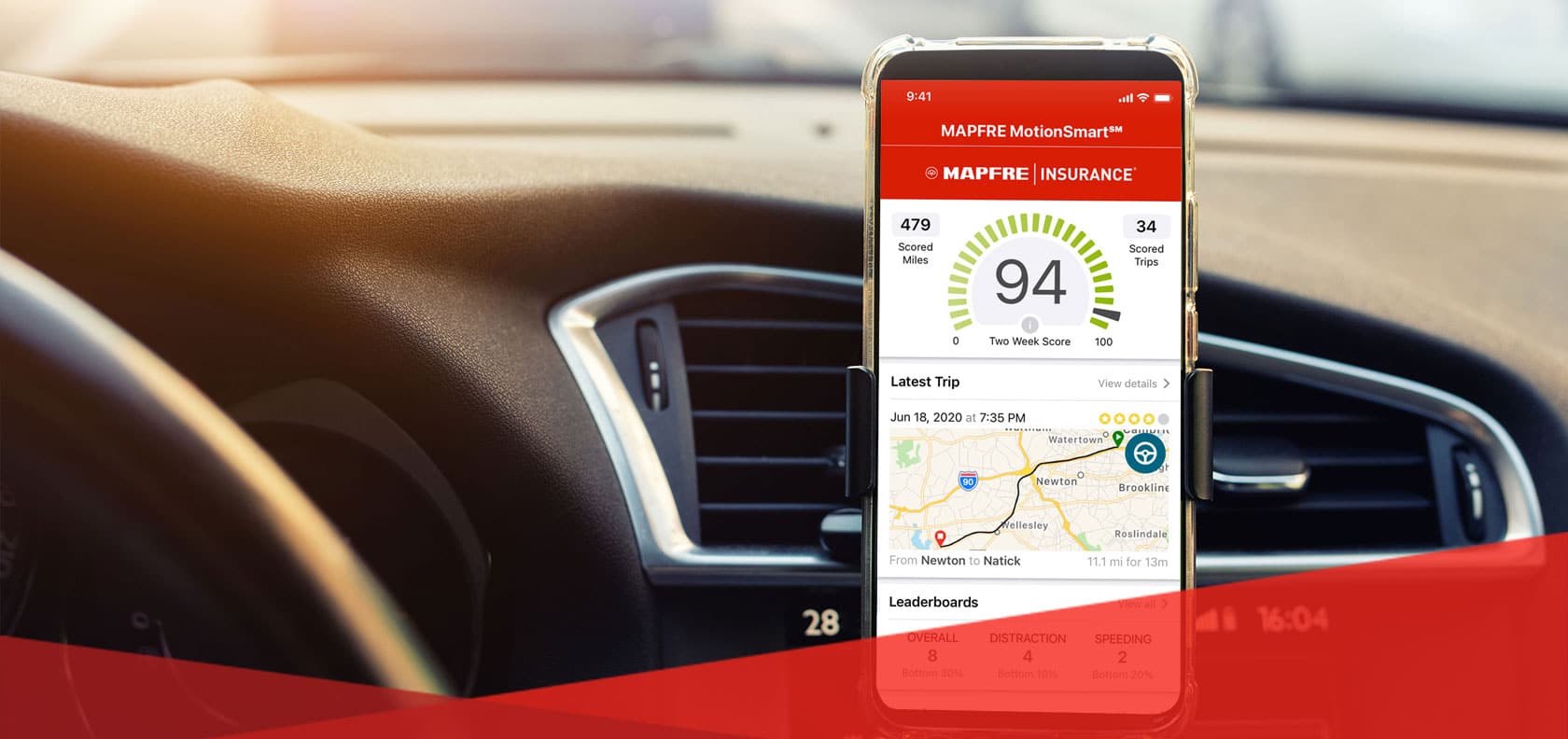
Credit: www.youtube.com

Credit: www.mapfreinsurance.com
Introduction to Usage-Based Car Insurance
Usage-based car insurance is a new way to pay for car insurance. It is also called pay-as-you-drive insurance. This type of insurance uses your driving habits to set your rates. The better you drive, the more you can save.
How Does Usage-Based Car Insurance Work?
Insurance companies use technology to track your driving. They use a device called a telematics device. This device is either plugged into your car or connected through an app on your phone. It collects data about your driving habits.
Data Collected By Telematics Devices
- Mileage: How many miles you drive.
- Speed: How fast you drive.
- Braking: How often and how hard you brake.
- Time of Day: When you drive, like during the day or night.
- Location: Where you drive, like highways or city streets.
Types of Usage-Based Car Insurance
There are two main types of usage-based car insurance. Each type works a little differently.
Pay-as-you-drive (payd)
PAYD insurance charges you based on how many miles you drive. The fewer miles you drive, the less you pay. This is great for people who do not drive very often.
Pay-how-you-drive (phyd)
PHYD insurance looks at how you drive. This includes your speed, braking, and time of day. Safe drivers can save money with this type of insurance.
Benefits of Usage-Based Car Insurance
There are many benefits to usage-based car insurance. Here are some of the main ones:
Cost Savings
If you are a safe driver, you can save money. Your insurance rate is based on your driving habits. Drive safely to get lower rates.
Encourages Safe Driving
Knowing that your driving is being tracked can make you drive better. This can lead to fewer accidents and safer roads.
Personalized Rates
Your rate is based on how you drive. It is not based on general statistics. This means your rate is fairer and more accurate.
Environmental Benefits
Driving less can help the environment. Fewer miles driven means less pollution. It also means less wear and tear on your car.
Drawbacks of Usage-Based Car Insurance
While there are many benefits, there are also some drawbacks to consider:
Privacy Concerns
Some people do not like being tracked. The telematics device collects a lot of data about your driving. You need to be comfortable with this.
Potential For Higher Rates
If you are not a safe driver, your rates could go up. This type of insurance rewards safe driving. If you have bad habits, it could cost you more.
Technical Issues
Sometimes the device or app might not work correctly. This could lead to incorrect data being collected. Make sure to check your data regularly.
Is Usage-Based Car Insurance Right for You?
Usage-based car insurance is not for everyone. Here are some things to think about:
Are You A Safe Driver?
If you drive safely, you can save money. If you have bad driving habits, it might not be the best choice.
How Much Do You Drive?
If you do not drive very often, you can save with PAYD insurance. If you drive a lot, it might not save you much.
Do You Mind Being Tracked?
You need to be okay with your driving being tracked. If you value your privacy, this might not be the best option for you.
Do You Want Personalized Rates?
If you want a rate based on your driving, this is a good choice. It can be fairer than traditional insurance.
Frequently Asked Questions
What Is Usage-based Car Insurance?
Usage-based car insurance charges premiums based on your driving habits and mileage, offering a personalized and potentially cheaper rate.
How Does Usage-based Insurance Work?
Usage-based insurance uses telematics technology to track your driving behavior, such as speed, braking, and distance traveled.
Is Usage-based Insurance Cheaper?
It can be cheaper for safe, low-mileage drivers. Insurance rates are tailored to your driving patterns and habits.
What Are The Benefits Of Usage-based Insurance?
It promotes safer driving and can lower your premiums. Personalized rates based on actual usage can be more affordable.
How Is Driving Data Collected?
Driving data is collected using a telematics device or mobile app. These tools monitor and record your driving behavior.
Conclusion
Usage-based car insurance is a new and exciting option. It uses your driving habits to set your rates. This can lead to cost savings and safer roads. However, it is not for everyone. Think about your driving habits and privacy concerns. This will help you decide if it is right for you.